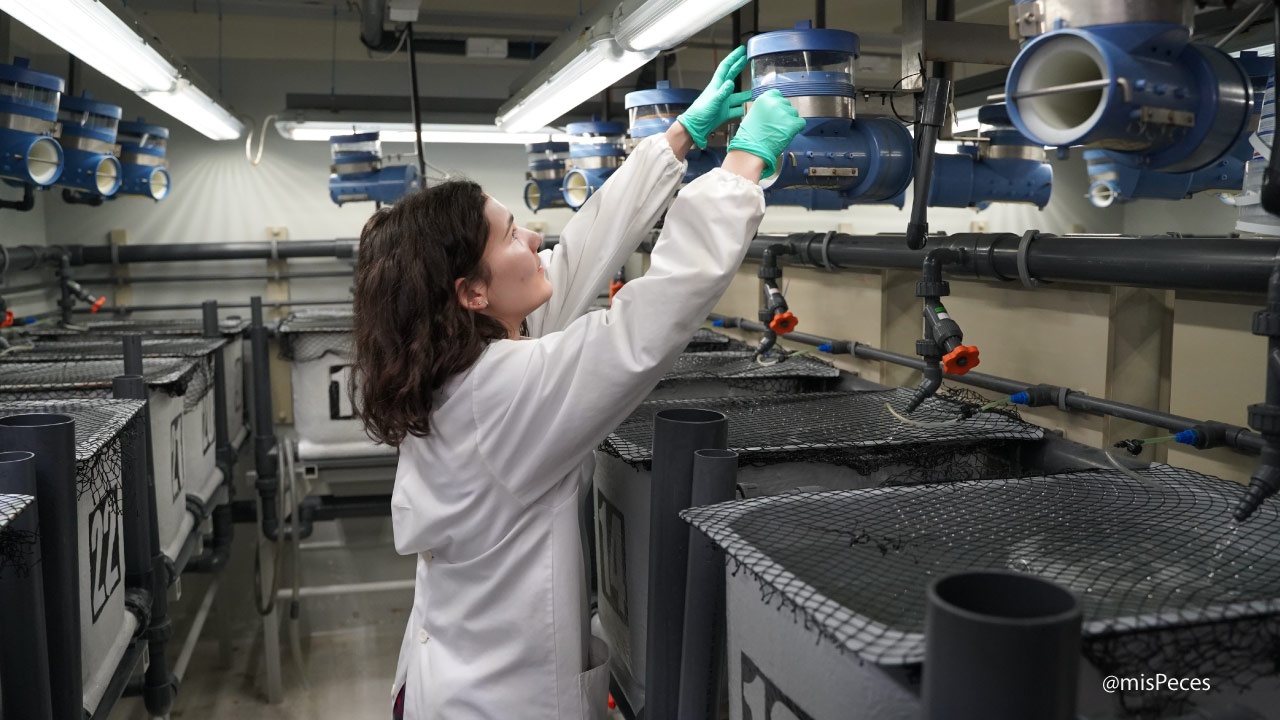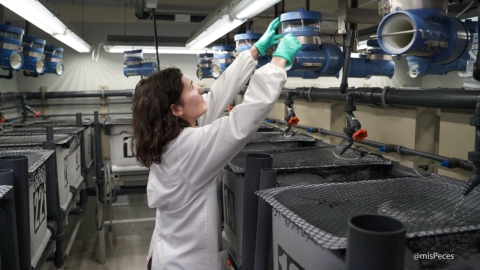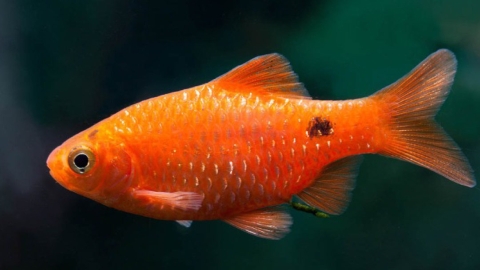 Experimental area at CIIMAR | @misPeces
Experimental area at CIIMAR | @misPeces
Corn-fermented protein (CFP), a high-protein concentrate derived from dry-mill bioethanol processes, has proven to be a sustainable and effective alternative to conventional plant proteins used in feeds for juvenile European seabass (Dicentrarchus labrax).
In a study led by researchers from CIIMAR-UP and published in the Journal of the World Aquaculture Society, the team compared the digestibility and performance of corn-fermented protein—produced by a US-based biotechnology company as a residual co-product of ethanol production—with two plant-based ingredients widely used in aquafeeds: corn gluten meal and soybean meal.
According to the results, the apparent digestibility coefficient (ADC) of corn-fermented protein reached 92.7%, significantly higher than the 83.9% recorded for soybean meal, while energy digestibility was similar between the two (around 70%).
An interesting finding is that, unlike soybean meal, which contains no digestible fibre fraction, corn-fermented protein showed 26% digestible neutral detergent fibre (NDF).
Experimental design
Two feeding trials were conducted using diets in which corn-fermented protein progressively replaced either corn gluten meal alone, or a mixture of corn gluten meal and soybean meal. Over an 85-day period, juvenile seabass showed no reduction in growth performance, feed intake or nutrient retention—an encouraging outcome. In fact, the inclusion of corn-fermented protein was associated with a linear increase in energy retention and, in the second trial, showed trends towards improved growth and feed efficiency.
Whole-body composition remained largely unchanged, although a slight linear decrease in lipid content was observed as dietary levels of corn-fermented protein increased. Importantly, histological analyses confirmed that intestinal morphology was consistent across all treatments, with no signs of adverse effects on gut health.
It is worth noting that the use of corn-fermented protein is part of a broader effort to integrate bioenergy co-products into aquafeed formulations, aiming to reduce reliance on fishmeal and conventional plant proteins, the production of which is often linked to deforestation, water consumption and greenhouse gas emissions.
“Valuing bioethanol co-products such as corn-fermented protein contributes to a circular bioeconomy and provides a stable, low-cost and environmentally responsible protein source for aquaculture,” the authors noted.
The findings support the potential of corn-fermented protein to fully replace corn gluten meal and soybean meal in practical seabass diets, up to a combined inclusion level of 34%, without compromising fish health or performance.
This research was funded by the US-based biotechnology company producing the ingredient. The study was carried out at CIIMAR’s certified aquatic facilities and complied with European animal welfare guidelines.



